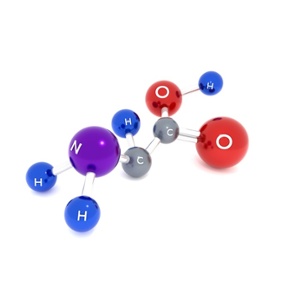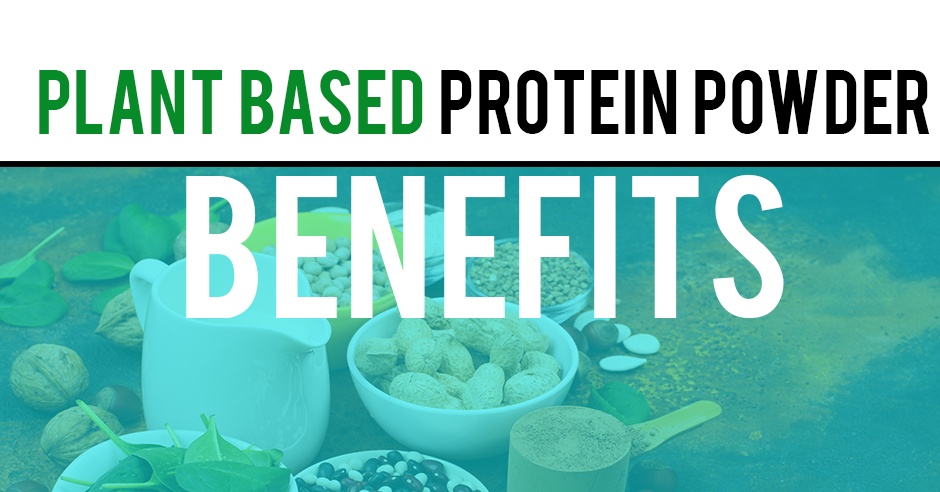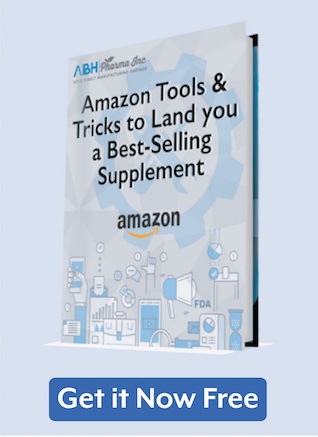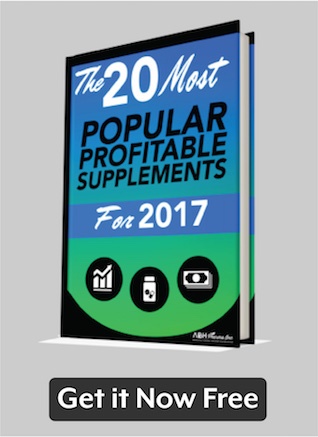There are many arguments over which type of protein is better for you — those from plants of from animals.
There is no blanket answer to the question because the outcome or answer is dependent upon the goal for using proteins.
We all need protein but factors such as:
- Ethics over the treatment of animals
- The relationship between health and diet
- Food allergies
Impact why we need certain types of protein over other types of protein.
Plant Based Protein Powder Benefits Everyone
It does not matter what your protein goal is, plant based proteins are beneficial. It could be using plant based protein powder for weight loss. When we talk about proteins what we are really talking about are amino acids.
There are 20 amino acids and nearly half of them are essential.
Essential amino acids are not produced by our body and must be obtained through the consumption of food. Those nine essential amino acids are:
-
Histidine

- Isoleucine
- Leucine
- Lysine
- Methionine
- Phenylalanine
- Threonine
- Tryptophan and
- Valine
Dairy, meat, poultry, and eggs contain all nine essential amino acids.
Some plants offer all nine essential amino acids such as quinoa, soy, and buckwheat.
You can also mix plant to make complete proteins such as rice and beans.
People get confused about what types of proteins they need.
There is a lot of false information out there such as plants don't have proteins.
When it comes to marketing plant-based protein powders, it is important to address false information and clarify information for consumers. Focus on:
- Describing complete proteins - those that contain all nine essential amino acids.
- How much protein is available per serving
- How fast the protein is absorbed by the body and available for use
- Whether the protein is fast acting or slow acting
- When the best time to use it is based on the consumer's purpose
The argument over complete proteins is one that consumers wage all of the time.
It is essential to point out that supplemental plant based protein powders can contain whatever ratio of protein and amino acids that you design.
Your goal is to produce product information that informs the consumer about the completeness of the protein in the powder and it is clear what the consumer is buying.
The Hype over Healthy Proteins
Plant proteins offer little bonuses when you consume them.
Plants are a great source of vitamins, a high source of minerals, and a preferred source of healthy fats. If your supplement persona is all about healthy, then you cannot go wrong with more vitamins, minerals, and healthy fats.
Protein from meat on the other hand often has a mixture of healthy and unhealthy fats, such as saturated fats.
If your supplement persona is all about health, then plant based proteins can become a balanced protein source that does not add to diseases such as high cholesterol, heart disease, and even diabetes.
That is just one of they ways that plant proteins provide a health advantage. Another is the wide selection of proteins from plants.
Dairy is a common protein source, but what if you are allergic to dairy products? If you are going to stick with animal proteins then you are going to need to eat a lot of beef, pork or chicken.
Plant-based protein powders are not the same as plant proteins. That is to say that plant-based protein powders are made from plant proteins but you overcome the hype surrounding plant proteins.
As a product, plant proteins are mixed to provide a complete protein.
The design of a plant protein powder can mix fast acting and slow acting proteins to give the consumer the best advantage without the negative traits associated with animal-based proteins.
With all this hype it would be interesting to investigate plant based protein powder versus whey protein.
Different Types of Plant Proteins
Starchy proteins — Lentils, split peas, and beans are three forms of starchy proteins. They provide a ton of fiber, good amounts of protein, and healthy carbs.
Nut and Seed Proteins — Proteins from nuts and seeds also offer healthy fats such as omega 3 fatty acids and brain healthy minerals.
Fungal and Yeast Proteins — These are proteins that offer a great source of minerals such as those found in seaweed, algae, and nutritional yeast.
These plants and algae are mostly all protein which makes them a good source for building healthy protein powders from plants.
Bulk Plant Based Protein Powder as a Mix
In terms of manufacturing your own plant-based protein powders, you can go with a single type of plant protein or you can mix them.
Blends offer a great advantage because you can create complete proteins, with a balance of healthy carbs, healthy fats, and nutrients.
Single plant protein powders are also beneficial because they help address consumer concerns, especially as those concerns revolve around the latest health fads.
The benefits of plant based protein powders are numerous. They include the healthy additions of quality vitamins, minerals, and fats.
They are a great source of healthy carbs, and many offer specific health benefits such as being lower in sugar, without saturated fat, and a great source of soluble and insoluble fiber.
Despite the many negative reports that plant proteins are not healthy, there is much evidence that supports the use of plant proteins over proteins from animals, including the fact that plant proteins can offer complete protein nutrition.
The hype that surrounds plant proteins creates a perfect marketing opportunity because hype
confuses consumers and with good marketing, a plant protein manufacturers can become an authoritative voice on plant proteins and gain market share.

There are plenty of consumer groups who want plant proteins such as vegans, vegetarians, those with dairy allergies, those with cardiac and other diseases that require good protein and less saturated fats. Vegan protein powder is a great market to explore to. In short, the door is open for quality plant protein powders.







